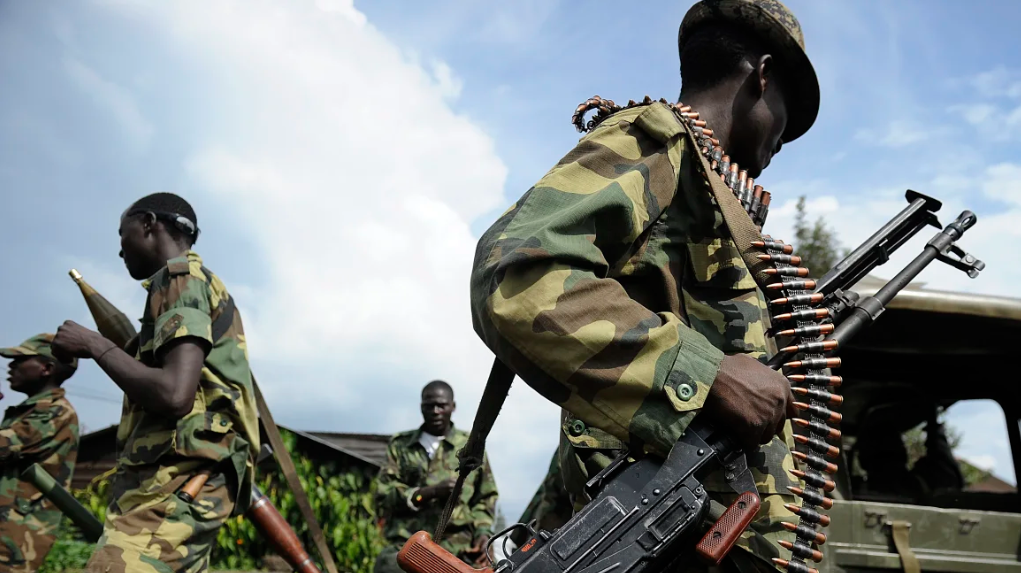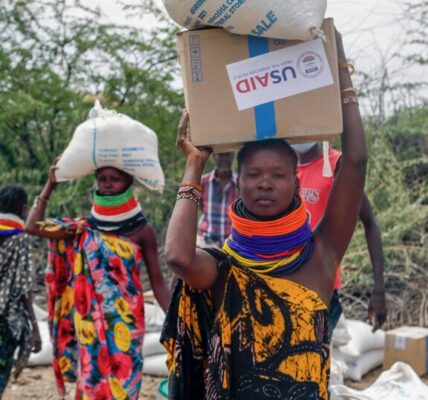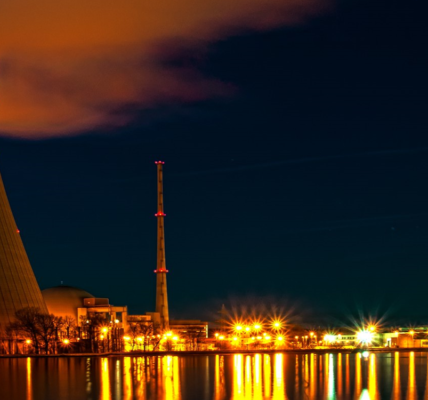Senior East-African government sources have told NSN that several South African soldiers, deployed by the ANC Government into the Democratic Republic of the Congo (DRC) as part of an ill equipped and ill prepared force, surrendered to M23 rebels this past week. The soldiers are now being held as hostages by M23, according to these sources.
The soldiers are part of a South African National Defence Force (SANDF) deployed to attack the M23 rebels specifically in the east of the DRC. This follows the withdrawal of an East African Regional Security Force that was led by Kenya that avoided a confrontation with M23.
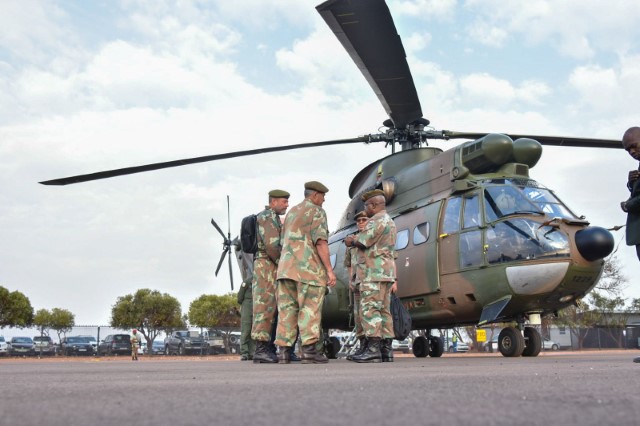
President Ramaphosa undertook to replace the East African Community’s peacekeeping deployment in the eastern DRC with the deployment of 2,900 soldiers from the SANDF.
Although eastern DRC is ravaged by more than 90 different rebel groups, including the extremist Islamic State (ISIS), Ramaphosa tasked the SANDF deployment with a mission to destroy M23, the battle hardened Tutsi insurgent group that has long been a security buffer between Rwanda and the Forces Democratiques du Liberation du Congo (FDLR). The FDLR are the remnants of the genocidal Hutu army that fled into the eastern DRC in 2004 after the Tutsi genocide in Rwanda with some 2 million participants in the brutal genocide of Rwanda’s Tutsis. The FDLR’s mission as stated in its name- the “liberation of Rwanda”- is the overthrow and destruction of the Kagame Government in Kigali that saved Rwanda from the genocide and since have rebuilt a modern country from its ashes.
M23 was formed after the Rwandan genocide as a local defence force in the eastern DRC to protect the Tutsi communities in the DRC and Rwanda against ongoing attacks from the FDLR that has the continued genocide of the Tutsis as its sole political and military objective.
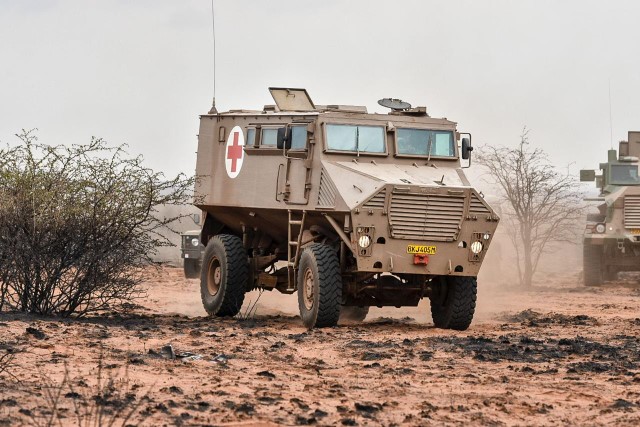
M23 has operated in the eastern DRC area for many years, knows the terrain, and are integrated with sections of the local population. The lessons learned from the SADC/Monusco Force Intervention Brigade and it’s successor the East African Regional peacekeeping force show that any new intervention force in the DRC must be sizeable to succeed in a peacekeeping mission.
From an initial strength of around 19,815 troops, the MONUSCO uniformed personnel decreased to about 16,316 personnel, including a maximum authorized strength of 14,000 military personnel (including contingent troops, expert on mission and staff officers), 660 military observers, 591 police officer and 1,050 formed police units’ personnel. These staff come from more than 50 countries around the world.
It’s successor the East African Regional Security Force ranged between 6,500 and 12,000 troops.
The SANDF by contrast so far only managed to deploy a few hundred soldiers with a target of 2,900.
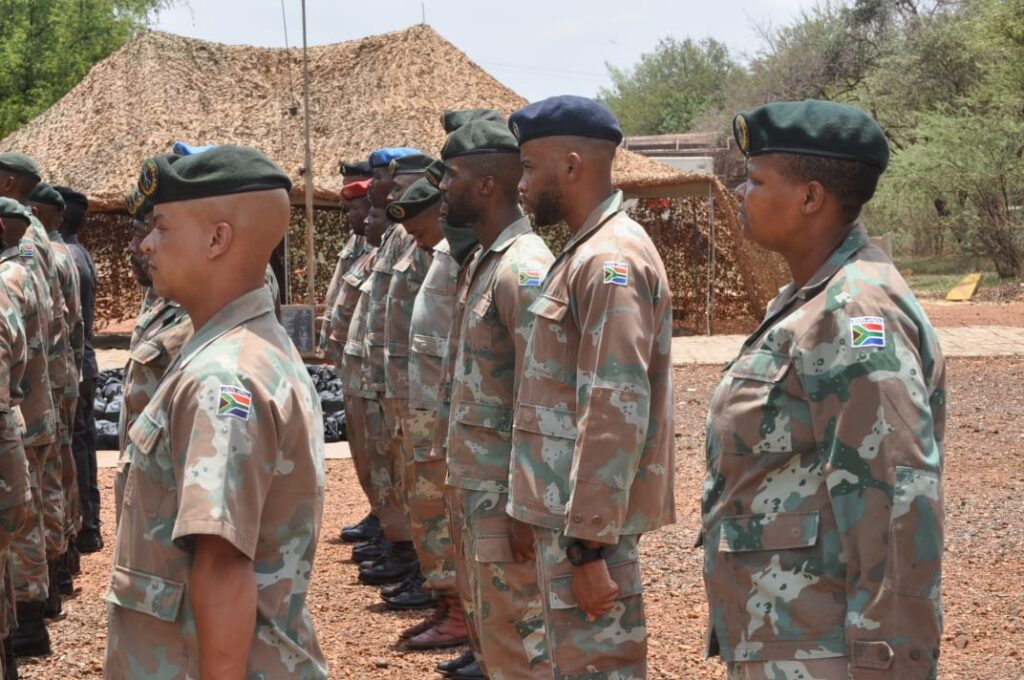
Other lessons from Monusco’s deployment include the necessity of extensive air cover as well as transport and air elements. An intervention force must also have special forces capabilities, and mobility in very difficult terrain. Also required are tactical and operational intelligence and enough fire-power.
The SANDF has only one C-130 functioning plane for heavy airlifts. It has virtually no air power to deploy. It has only a few helicopters available for all domestic and international missions – five Oryx, out of an initial 39, and three Rooivalk, out of 11.
The SANDF is taking heavy casualties. The SANDF so far reported that two of its soldiers had been killed in a mortar strike near the eastern city of Goma. The SANDF said that three more soldiers were injured in the attack. More casualties are likely every week and beyond that looms the specter of a disastrous and costly strategic defeat of the South African forces.
This past week the crisis around the SANDF deployment in the eastern DRC escalated dramatically. The SANDF took more casualties when attacking M23 formations. During the combat several South African soldiers reportedly surrendered to M23 and were reportedly taken prisoner by M23 along with soldiers from Malawi.
With the capture of the South African soldiers by M23, questions arise as to why President Ramaphosa rushed to deploy a small, ill prepared South African force without the required air cover against M23 in dangerous terrain? Why would Ramaphosa attack Rwanda’s security interests on its border with the DRC by aligning the SANDF as a potential unwitting ally of the genocidal FDLR?
Although Rwanda is a small country it is a formidable military adversary. Rwanda punches far above its weight in peacekeeping missions. Despite being a small country with 33,000 armed forces, it is the 4th largest contributor to UN peacekeeping missions worldwide.
Rwanda has become the only alternative and credible security force that is able to provide effective military assistance bilaterally against Islamist extremists to other members of the Africa Union (AU). It was only Rwanda’s urgent intervention in Mozambique that stopped the march of ISIS in the northern province of Cabo Delgado after ISIS defeated the mercenaries from Russia’s Wagner Group.
Rwanda is the closest security ally in Africa of several Western countries including the US, UK, France and Poland. The UK signed the UK Migration and Economic Development Partnership with Rwanda in December 2023. The US and Rwanda has a Status of Forces Agreement that enables the US to deploy personnel in Rwanda. France has worked hard to normalise relations with Rwanda under President Macron signing several new bilateral agreements. Poland and Rwanda recently entered into a defence procurement agreement following a visit by the President of Poland. Israel works closely with Rwanda over many years as two countries whose peoples both both suffered the trauma of genocide.
This week is the 30th anniversary of the genocide perpetrated by the FDLR and its leaders against Rwanda in 1994. This commemorates one of the most brutal genocides in modern history. President Ramaphosa is scheduled to attend the commemoration in Kigali. This would be a good opportunity to open talks with Kigali about the immediate withdrawal of the SANDF deployment in the DRC.

